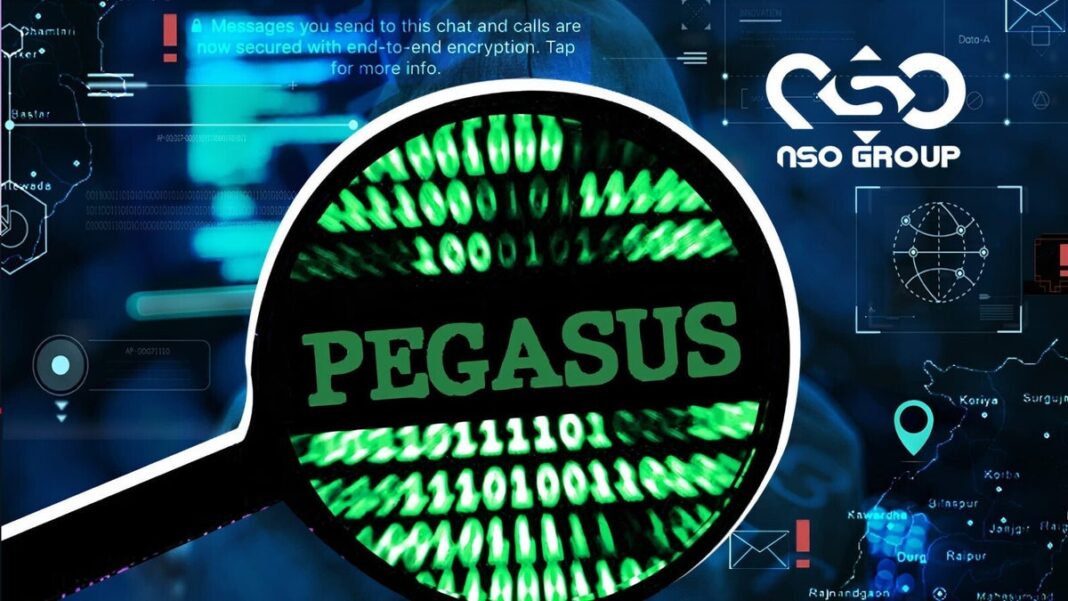URGENT: Apple Alert Rocks iPhone Users in 100 Countries – What You Need to Know Now
Imagine waking up to a distressing message from the tech giant Apple, warning you that your iPhone’s security has been compromised. This is not a drill. In a shocking move, Apple has issued a grave alert to millions of iPhone users across 100 countries, leaving many wondering if their personal data is at risk of being exposed.
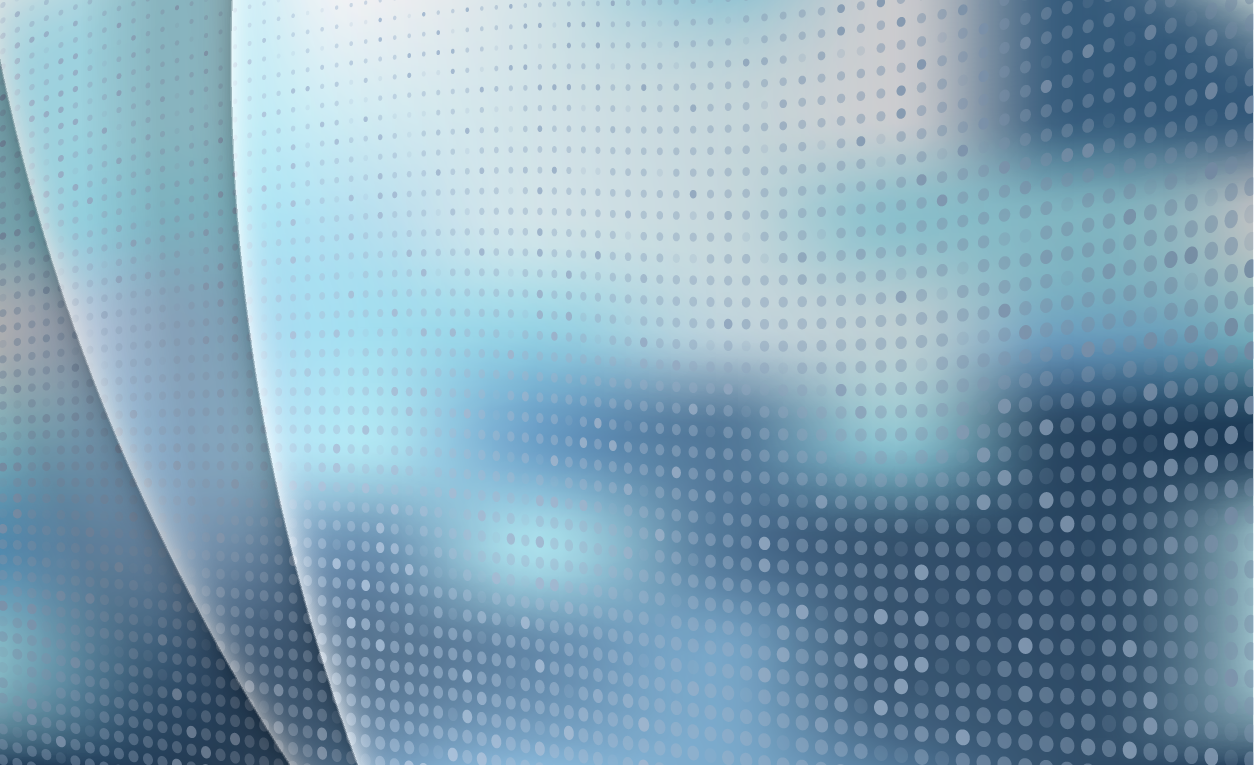
As our reliance on smartphones continues to grow, the threat of cyber attacks and data breaches looms large. In this precarious digital landscape, staying one step ahead of potential hackers is crucial. But what happens when the very device we trust with our most sensitive information sends out a distress signal?
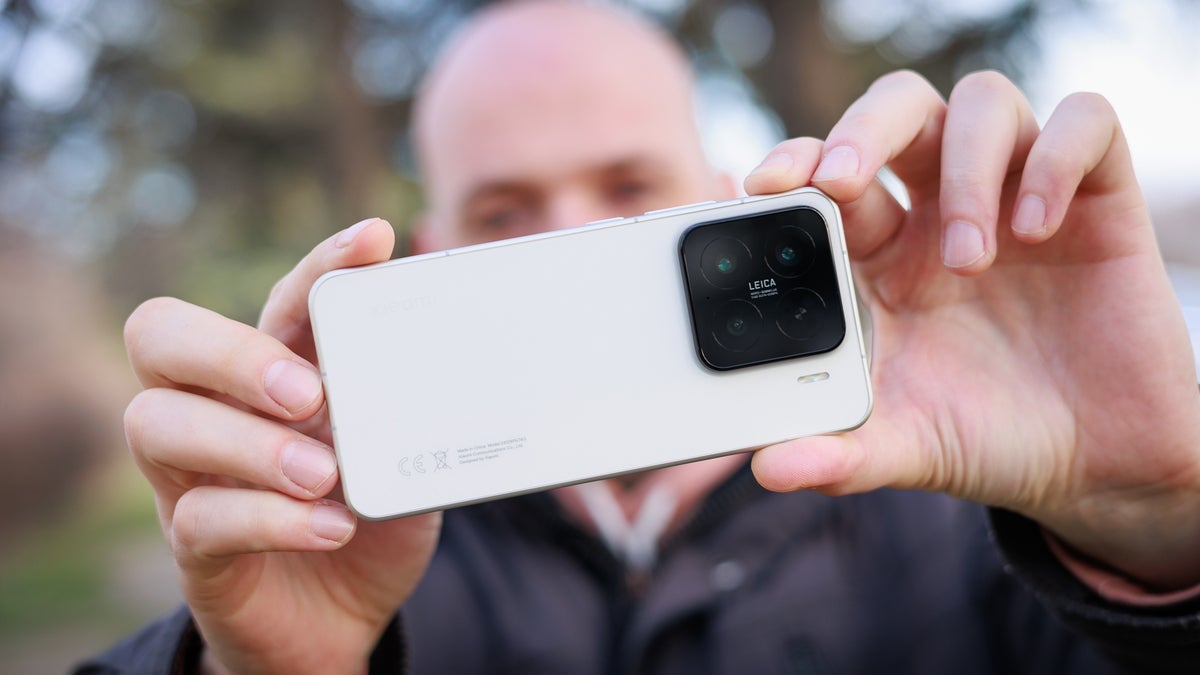
NSO Group’s Stance on Allegations

The Israeli cyber-arms company, NSO Group, has consistently denied allegations of selling spyware to governments, claiming that they follow all applicable laws and regulations. However, the company’s assertions have been met with skepticism, particularly in light of the recent warnings issued by Apple to iPhone users in 100 countries.
Despite the controversy surrounding its activities, NSO Group has maintained that its spyware is intended for use by law enforcement and intelligence agencies to combat serious crimes, such as terrorism and drug trafficking. The company has also emphasized its commitment to human rights, stating that it takes measures to prevent the misuse of its products.
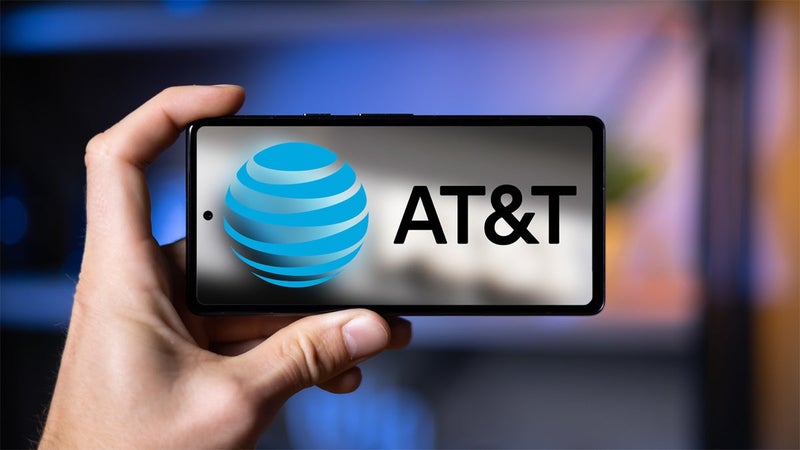
Global Implications: The Impact on Journalism and Activism
The Threat to Journalists and Human Rights Activists
The use of spyware to target journalists, activists, and other high-risk groups has severe implications for global security and human rights. By compromising the devices of these individuals, governments and other actors can gain access to sensitive information, track their movements, and personal data, and even silence them.
The consequences of such actions can be devastating, ranging from the suppression of free speech and freedom of the press to the perpetuation of human rights abuses. The use of spyware to target journalists and activists also undermines the ability of civil society to hold governments accountable and promote democratic values.
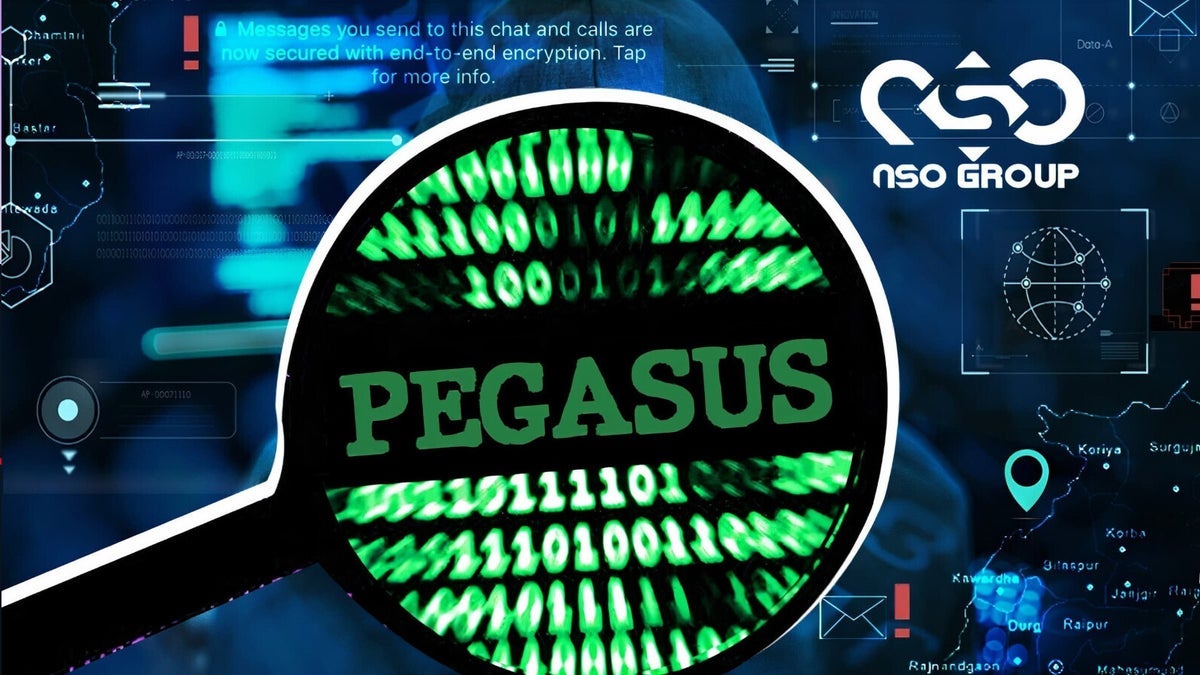
Eva Vlaardingerbroek and Ciro Pellegrino: The First Recipients
The Italian Journalist and His Experience with the Alert
Ciro Pellegrino, an Italian journalist, was one of the first to receive the warning from Apple. In an article, Pellegrino described receiving an email and a text message from Apple, informing him that his iPhone was infected with spyware. The journalist expressed concern about the implications of the alert, highlighting the potential risks for Italian journalists and the need for greater awareness about the threats posed by spyware.
Pellegrino’s experience serves as a stark reminder of the importance of protecting one’s device and personal data in the digital age. As a journalist, he is acutely aware of the risks associated with spyware and the need for vigilance in the face of increasingly sophisticated attacks.
The Dutch Activist’s Take on the Situation
Eva Vlaardingerbroek, a Dutch right-wing activist, was another recipient of the warning from Apple. In a tweet, Vlaardingerbroek expressed her resolve to not be intimidated by the spyware attack, stating, “Yesterday I got a verified threat notification from Apple stating they detected a mercenary spyware attack against my iPhone. We’re talking spyware like Pegasus. All I know for sure right now is that someone is trying to intimidate me. I have a message for them: It won’t work.”
Vlaardingerbroek’s message is a powerful testament to the importance of standing up against attempts to silence and intimidate individuals. Her decision to speak out about the warning serves as a beacon of hope for those who are vulnerable to such attacks.
Practical Steps for iPhone Users: Protecting Themselves
Understanding the Risks: What iPhone Users Need to Know
iPhone users need to be aware of the risks associated with spyware and its effects on their devices. Spyware can compromise personal data, track their movements, and even gain access to sensitive information. It is essential to understand the signs of a potential spyware attack, such as unusual battery drain, or unexpected crashes.
Apple’s warning serves as a stark reminder of the importance of protecting one’s device and personal data. By taking proactive steps, users can reduce the likelihood of falling victim to such attacks and ensure their safety and security in the digital age.
Protecting Your Device: Essential Tips and Best Practices
There are several steps that iPhone users can take to protect their devices from spyware. Firstly, it is essential to enable Lockdown Mode by going to Settings > Privacy & Security > Lockdown Mode. This feature offers the strongest protection against sophisticated threats, according to Apple.
Additionally, iPhone users should ensure that their devices are updated with the latest security patches, and avoid clicking on suspicious links or downloading attachments from unknown sources. By following these best practices, they can significantly reduce the likelihood of falling victim to spyware attacks.
Conclusion
In conclusion, Apple’s warning to iPhone users in 100 countries is a stark reminder of the importance of prioritizing cybersecurity in the digital age. The tech giant has alerted users to a vulnerability that could allow hackers to access their devices, emphasizing the need for immediate action to patch the security flaw. The severity of this issue underscores the gravity of the consequences of neglecting cybersecurity, as even the most seemingly secure devices can be vulnerable to attack.
The significance of this warning extends beyond the immediate fix, as it highlights the ongoing struggle to stay ahead of the ever-evolving threat landscape. As technology advances, so too do the tactics of cybercriminals, making it crucial for individuals and organizations alike to remain vigilant and proactive in their cybersecurity efforts. The future implications of this vulnerability are far-reaching, as a single exploited device can create a domino effect, compromising sensitive data and potentially leading to devastating consequences.

